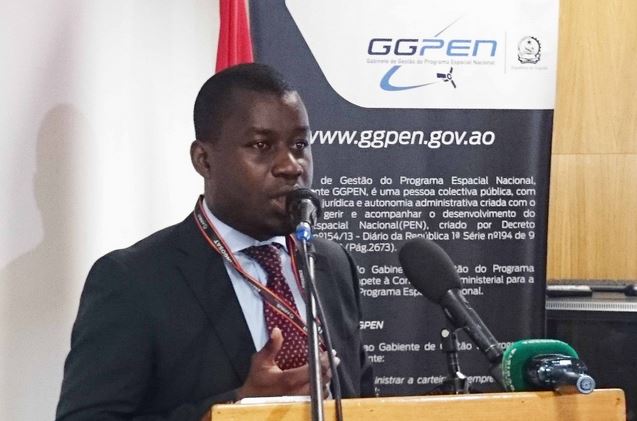
It has been previously advanced, the launching of the Angolan satellite, Angosat, is marked for 2017. But one question remained unanswered, what is the percentage completion of the project?
The official response was given by the Director General of the Management Office of the National Space Program (GGPEN), Zolana Rui João, during the lecture "Angosat - 1, challenges, benefits and opportunities", Carried out by this body assigned to the Interministerial Commission for the General Coordination of the National Space Program.
What is completed?
According to the manager, structure of the satellite and selection of components are complete.
Who will take care of the satellite?
According to the director, the Ministry of Telecommunications and Information Technologies has been training and training staff in satellite engineering and space engineering systems. Seven students are in Russia and one in Italy, five of them are graduating and three are PhDs, all of whom participate in the work of Angosat 1. In addition to these, nine Angolans in nano are undergoing intensive technical and professional training and picosatelites (University of Tokyo and Ninhon, Japan), 10 in design of space missions and systems and an equal number in space mission operation.
Satellite Control Center
The project that plans to launch the first Angolan satellite (Angosat 1) into orbit, includes the construction of a satellite control center.
The satellite control and mission center, which will control, track and telemetry data sent by the Angosat1 satellite, is located in Funda commune, Cacuaco municipality, in Luanda. The building is being built in an area of six thousand square meters and 617 will have three floors with capacity for 45 technicians, a teleport, parking with 50 seats and green areas.
The site was chosen by the Interministerial Commission for the General Coordination of the National Space Program (PEN), based on the low level of electromagnetic interference, space for development of the PEN and development of the northern zone of the province of Luanda.







